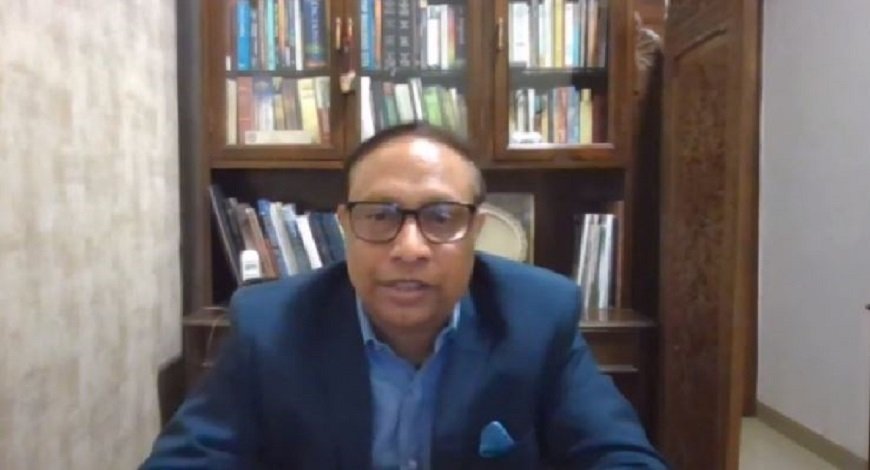On the 74th National CA Day, in an interview with BW Businessworld, Sethurathnam Ravi, Managing Partner, Ravi Rajan & Company, Chairman, TFCI and the former chairman of Bombay Stock Exchange reflects on how the role of chartered accountants has evolved over time both in practice and scope, becoming critical to a company’s, a sector’s and the economy’s growth story
How have you seen a CA’s role broaden over the years?
If you look at the earlier years the profession was about statutory audit and internal audit but later it migrated to other fields such as forensic audit, due diligence, merchant banking and also things like insolvency in recent reforms. The profession widened significantly from practice and participation in bigger changes. Today, we see many CFOs, CHROs, CTOs who started as CAs. There are many CAs in the banking sector as well. If you were to compare it with two decades ago, the role has completely changed. It has become much more diversified, and the ecosystem has changed given the various reforms due to which both the practice and scope are impacted.
The National CA Day also celebrates the formation of the ICAI. What has been your observation on the ICAI partnering on nation-building?
The ICAI has played a very vital role. We got independence in1947 and the institute was formed in 1949. You can see how the system recognised the importance of CAs at the time and they have been part of the nation-building process because CAs audit companies and are part of the growth story but we are also the conscious keepers and watchdogs to a great extent. Also, in terms of the small-scale industries, where domain knowledge is limited, it is the CAs who help such sectors in imparting knowledge and explaining things such as budgetary, statutory and economic changes. CAs help across this spectrum, contributing toward nation-building.
ICAI is looking at a more structured format of advising. In some places, the local bodies are getting in touch with local chapters of the institute. A small business cannot afford much expense. If a group of an industry get together and hire a set of people, the expense becomes manageable. I think this structure has to be more detailed. MSMEs cost-bearing ability is low. It is hence important to have a structure where the operating cost is reduced, and they can get knowledge of a CA. This is one step that should be improved.
What are some challenges you see CAs face in a VUCA world?
The biggest challenge is risk vs reward. The fee structure and accountability of CAs have changed a lot. There is a misconception that when a business fails, it is blamed on the CAs. The CAs come into play when signing the balance sheet but I think CAs have to learn to isolate themselves from business failures. The business model still belongs to the promoters and professionals who run a business.
What more can be done to develop the next generation of accountancy professionals?
This is a very important area of focus. Passing a CA exam itself is tough but the training process should be intensified so they are ready for the changes taking place in the environment. So, more practical orientation is equally important though the institute has taken various steps of imparting practical knowledge even after people qualify the intensity of real-life problems to have to be increased.
The 21st World Congress of Accountants 2022 will be hosted in India for the first time. What does this signify? How can it help accountants in India to attend this?
First, congratulations to the institute and to everyone involved in it including the government as well for helping with the process. This is the opportunity to showcase the accounting profession, which is globally well recognized. It is time to show what Indian accountants can do, their depth and knowledge. Also, it will be in exchange for experience with all the leading countries and their accounting practices.
